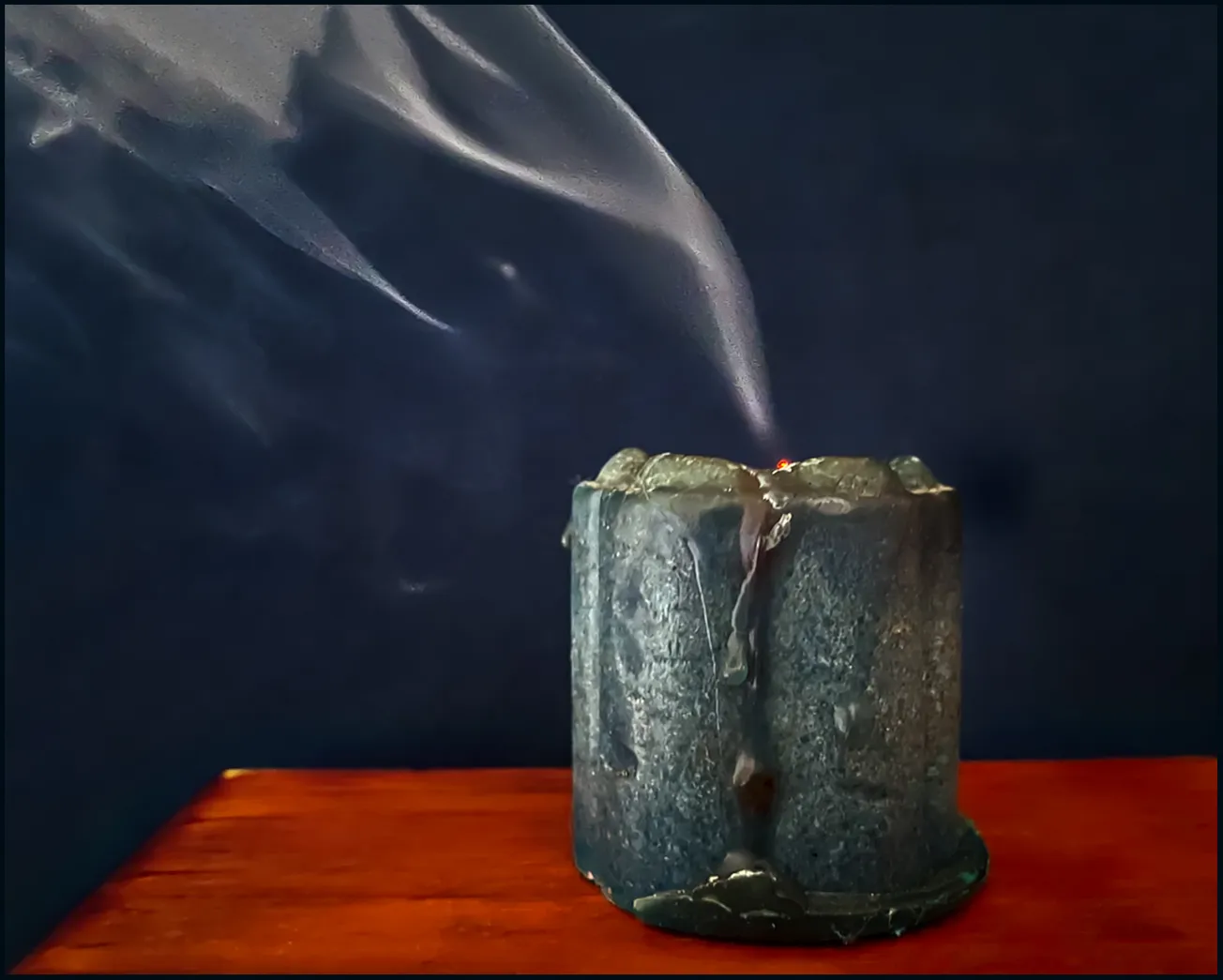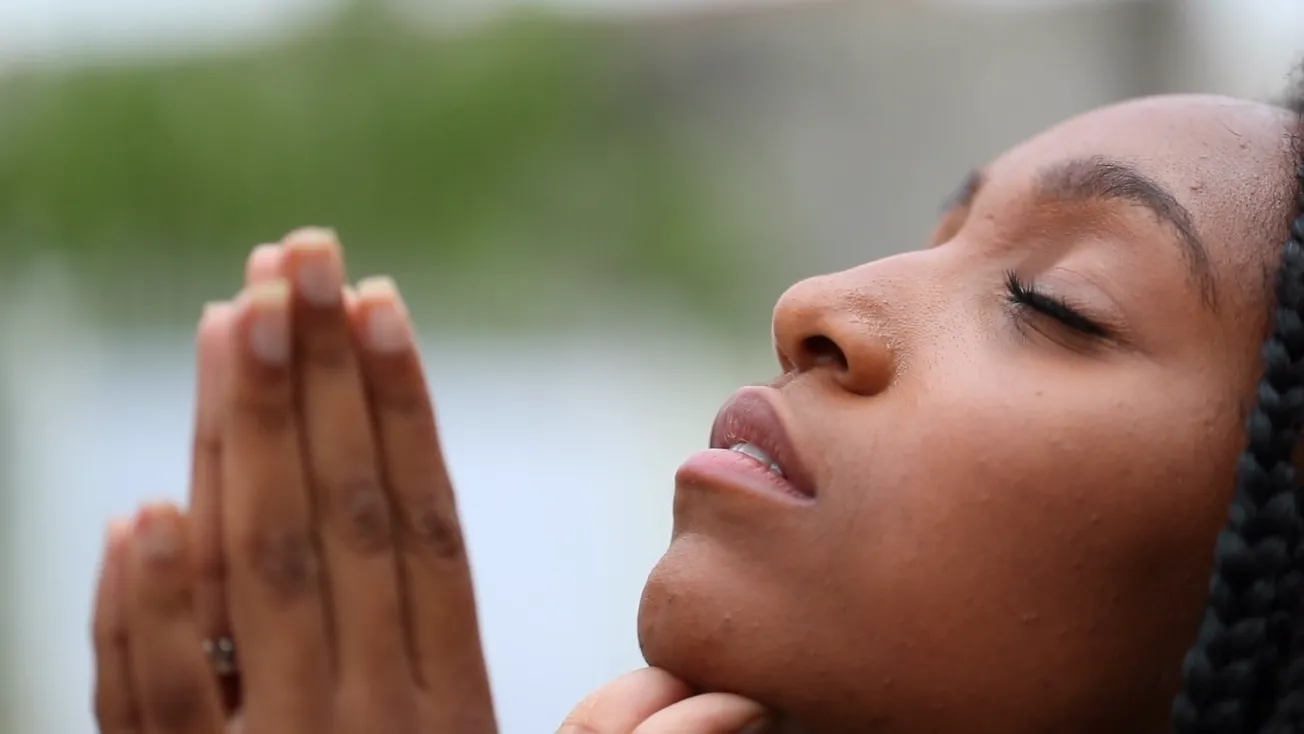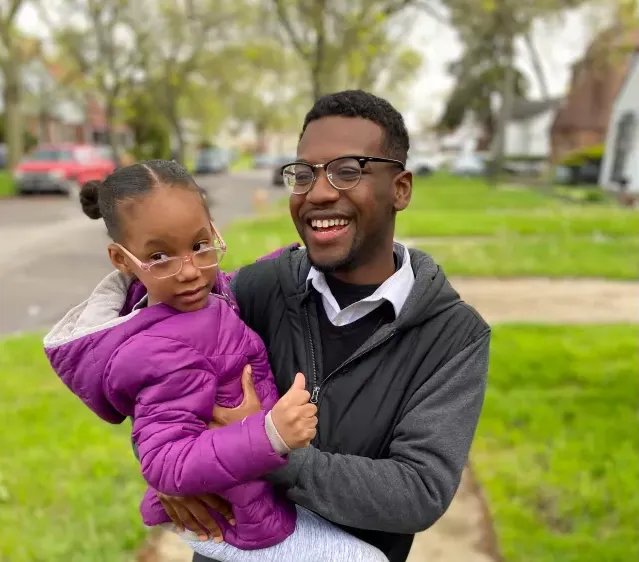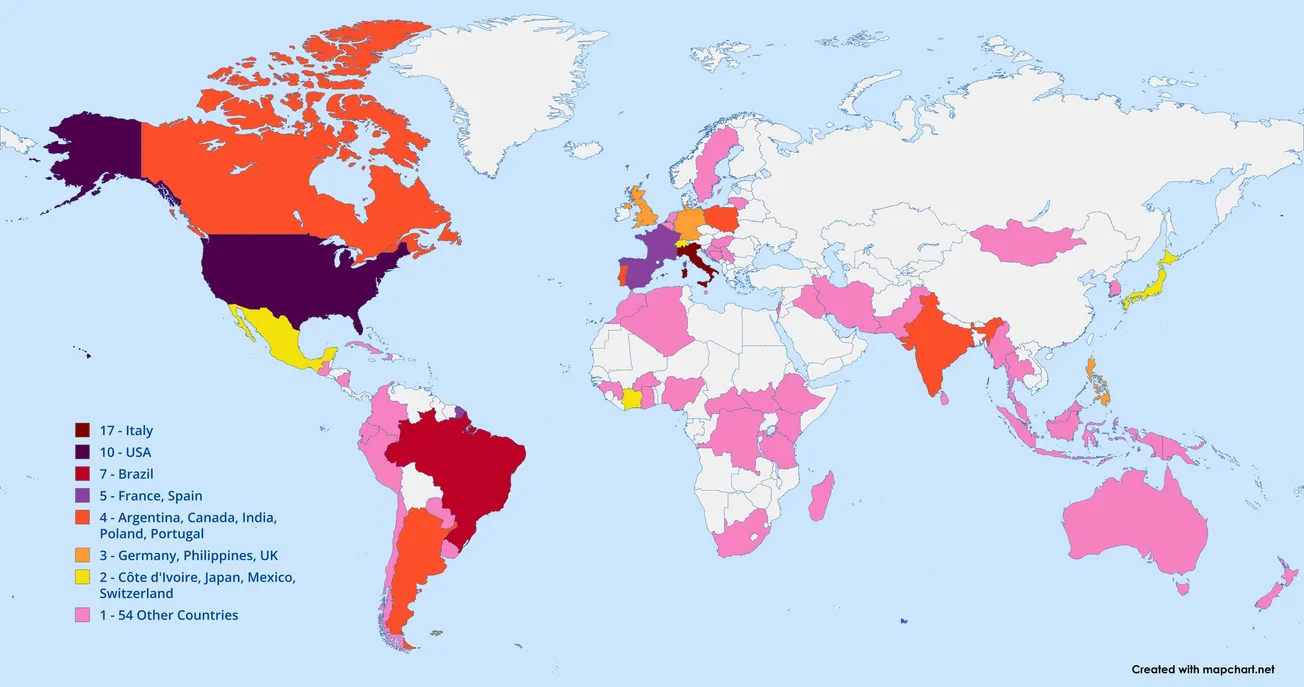72 years after her death, Henrietta Lacks’ family has announced a historic new settlement concerning her fast-multiplying “HeLa” cells, obtained illicitly from her body after her death in 1951 and since used to make various breakthroughs in medical research.
The high-powered civil rights attorney Ben Crump, who co-represented the Lacks family in their lawsuit against the Massachusetts-based Thermo Fisher Scientific, announced the success of their case on August 1—the 103rd anniversary of Lacks’ birth.
“Members of the family of Henrietta Lacks and Thermo Fisher have agreed to settle the litigation filed by Henrietta Lacks’ Estate, in U.S. District Court in Baltimore,” Crump said in a joint statement with Chris Seeger of Seeger Weiss.
“The parties are pleased that they were able to find a way to resolve this matter outside of Court and will have no further comment,” the family added in a joint statement with Thermo Fisher.
MEDIA ALERT: @AttorneyCrump and the family of Henrietta Lacks will hold a news conference today (8/1), on Lacks’ 103rd birthday, to announce a settlement. Attorneys filed a lawsuit on behalf of the Estate of Henrietta Lacks in 2021. pic.twitter.com/KQqtsHFnGl
— Ben Crump Law, PLLC (@BenCrumpLaw) August 1, 2023
The terms of the agreement remain confidential but are thought to range in the millions of dollars. Thermo Fisher brings in roughly $45 billion in revenue each year, with one of its streams of revenue being the HeLa cells, which can sell for nearly $2,500 per milliliter.
The efficacy of the cells was originally discovered in 1951, after Lacks visited John Hopkins Hospital in Baltimore with reports of stomach pain. It was discovered that she was suffering from advanced cancer, and various genetic samples were taken from Lacks without her consent during her treatment. They were later found to be uniquely resistant to normal atrophy—a boon for scientists needing such cells to perform tests and develop new treatments.
Lacks herself died at age 31 within 8 months of her diagnosis and was largely forgotten as her HeLa cells became a gold standard in medical research. She was buried in her native Virginia in a then-unmarked grave near her family’s Baptist church. (Lacks’ sister, Alice Henry, has said that Lacks was a “devoted” Catholic, but this is unconfirmed.)
Lacks’ family wasn't told of her vast contributions to science until a quarter-century after her passing, and there had long been no compensation given for the unauthorized use of her cells. Her story became an internationally known segment of Black history after Rebecca Skloot's 2010 book, “The Immortal Life of Henrietta Lacks,” became a bestseller. The narrative was adapted into an Oprah-backed, Emmy-nominated movie in 2017.
Calls for Lacks' family to be properly paid by the medical establishment have increased steadily over the past decade, and in 2013 the family was granted unprecedented oversight by the National Institutes of Health over how Lacks’ genome is used. NIH director Francis Collins donated a portion of his 2020 Templeton Prize winnings to the Henrietta Lacks Foundation in 2020, the same year the Maryland-based Howard Hughes Medical Institute made a six-figure gift.
By the 2020 centennial of Lacks’ birth, however—during which the family hosted a multifaceted, yearlong celebration—they had still received nothing monetary from the parties benefiting most directly from her HeLa cells.
That changed on Tuesday, two years after they first filed suit against Thermo Fisher. The next day, the family held a press conference with Crump, Seeger, fellow attorneys Chris Ayers and Nabeha Shaer, and other allies from their journey.
“We are so very grateful for this day,” Crump told reporters at the Canton Waterfront Park in Baltimore, part of an impassioned extemporaneous address before reading the attorneys’ prepared statement.
“This settlement is a greater announcement but it's a bigger announcement that we continue to celebrate Henrietta Lacks.”
Nate Tinner-Williams is co-founder and editor of Black Catholic Messenger.











